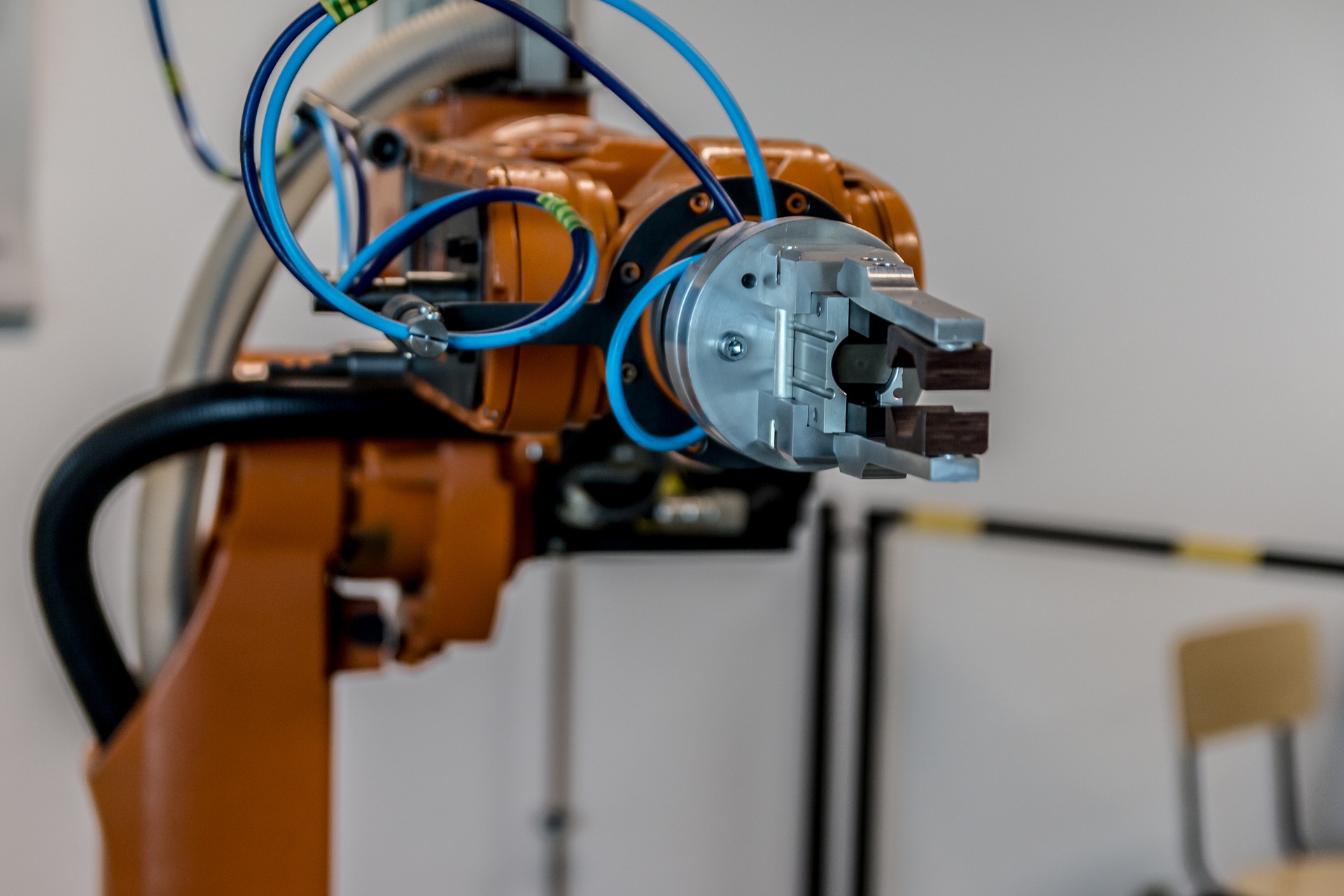Millenials And Gen Z Butcher Business As We Know It: How Does One Adapt?

This post is also available in:
![]()
![]()
![]()
I’ve spent the last weekend at a friend’s. He has an amazing family with his three-year-old son being the real diamond in the rough.
The kid’s amazing. At his moderately young age, he is already heads deep into technology. Max – that’s his name – is only allowed 30 minutes per day with a tablet and he still knows how to run, download and install apps. He’s quite familiar with what YouTube and Facebook offer when it comes to toys or cartoons.
Children have wireless access to the world’s largest data-source while still wearing diapers.
I ate boogers when I was three…
Ok, I am not saying that the kids nowadays are smarter than we were, but they are definitely more tech savvy. We grew into tech while they are growing with it. What implications does this bring into the world of business?
Every company is a tech company

You’ve probably heard this one often. That’s because it is true – every company is a tech company in 2018. Businesses have websites, manage user-generated data, implement sales and marketing automation from CMS to CRM to ERP systems and beyond. And I’m not talking about IT companies here. I mean everyone from a coffee shop to a milk factory.
The shift towards digital means has built an entirely new economy around itself. We call it the Web Economy. The term appeared in 1995 and has been used with raising frequency ever since.
In fact, 31% of the UK’s GPD is generated by the Digital Economy, as stated in a fascinating report by Racounter.
The clash of two worlds
What do kids have to do with tech companies? Simple. They are the future, meaning they are the future employees, managers, peers, partners, and founders of companies. And their way of perceiving a job is different from what we, baby boomers are used to.
You can see the trend for change even today with Millennials entering the stage.
Millennials were not born in the wireless era but they’ve accessed and mastered technology early in their lives. Most were either children or teens when the smartphones started to blossom along with social media and the internet.
Have you ever noticed how awkward it is for some of them to actually call someone or to communicate with people in real life? None of them, however, experience the same issues with chatting or texting. Millennials simply don’t feel the need for a physical presence in order to get something done if the same thing can be done from home via a phone or a laptop.
This sound too far-fetched, doesn’t it? For a while, I thought so myself. But today these ideas are backed by research and facts.
Just have a look at this amazing piece by CIO.com about hot and cold hiring trends in 2017. Workplace flexibility is the number one hottest trend on the list!
“We’ve seen workplace flexibility become a major trend for the tech industry, both in IT and across all job functions,”, says Linette Estrada, the Director of Global Talent Acquisition at Nutanix.
Jeb Ory, the CEO of Phone2action only adds to this idea, “Being able to work from home — from a coffee shop, or carving out a day or two as part of a longer vacation — is increasing. Technology mobility is here to stay, and companies need a combination of in-office workplaces and flexible remote work options.”
This isn’t only happening because of technology and accessibility. The internet is a media source of its own and has created new role models. Bill Gates and Warren Buffet – not to mention Mr. Trump (oh Lord, why?..) – are no longer the coolest peas in the pod.
The boom of startups that were developed by small teams from homes and basements is what Millennials are going for. The gig economy blossoms and it demands the kind of flexibility an office-based job cannot provide.
The combo of desire for comfort and how tech-based businesses today make it easy for people to work from home or a coffee shop or literally any place in the world that has a decent wifi connection is the old office job killer. And Millennials have embraced it completely!
Here’s yet another fascinating concept from CIO’s article on hiring trends – finding top talent is cold right now. This is happening because an actual war for talent is going on right now and professional headhunters snatch the people they need with tempting offers at lightning speeds.
The supply is smaller than the demand. Obviously, it is getting harder for business owners to invest in recruiting, especially if in return they are only getting people who don’t even want to work in a company.
There’s a way out though. Have you ever thought of NOT HIRING people at all?
No strings attached

60 % of employees said they could do their jobs remotely, and 72 percent prefer to work at home. If that is the case, why bother with traditional recruiting, especially given that full-time remote-based workers can save your business up to $20K annually?
That noted full-time workers who work from home are still excessive. Yes, you can save a lot of money by having people work from the comfort of wherever they are, but you can save even more by not having a permanent workforce at all.
Contractors and outsourcing are a growing trend for small business owners. Hiring a person on an ongoing basis is harder and less effective than recruiting a person to complete a certain task and let that person go afterward.
SaaS solutions like SimplyBook.Me compliment this trend in “per task hiring” or, in our case, future-oriented business management. They take away the need to track, manage and analyze data, automate processes from lead generation to payments and feedback and so much more. What needed a team of ten people 10 years ago is done by one app today.
All of the above combined, who are we to say that business will look the same as it is now in 10 years? More money is on the shift towards the gig economy and outsourcing to independent freelancers.
“No strings attached” is the business model of the future.
Are you planning to incorporate it into your business anytime soon?



Comments
1 commentsMatthew
One of your best articles. Technology is changing the world and people faster than ever. People from the gen Z, for whom the digital world has existed since birth, are already becoming employees and clients. That’s why applications like SimplyBookMe are very useful. We use it in our clinic and we can not imagine a better solution.